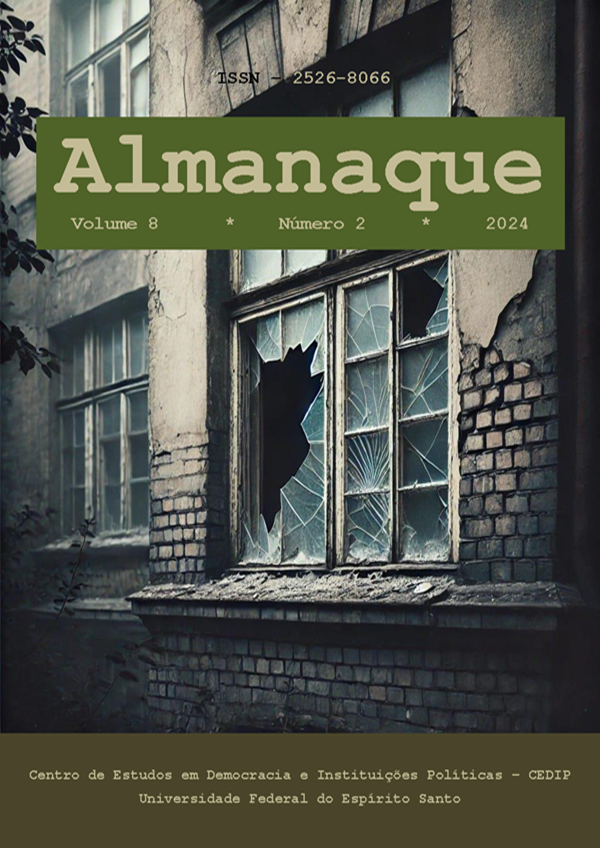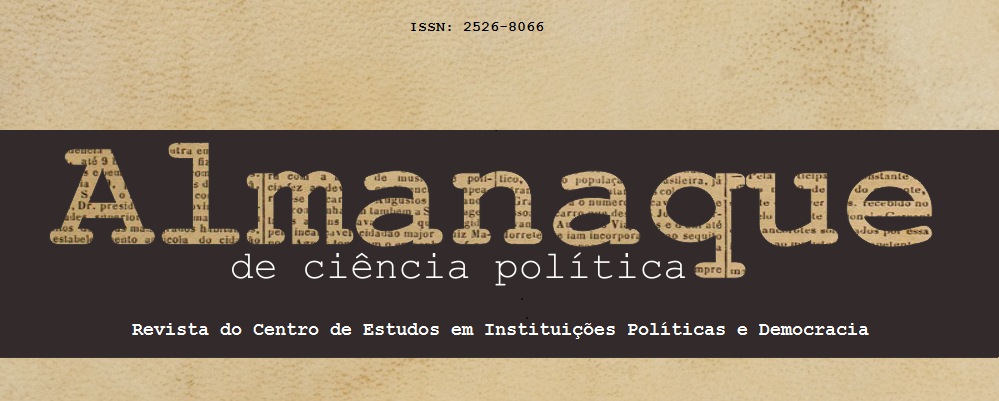Repensando a participação política diante das crises da democracia: Desafios e possibilidades a partir do caso brasileiro
Résumé
Este ensaio aborda a relação entre as novas formas de participação política e a crise das democracias, com foco no contexto brasileiro recente. A crise democrática, exacerbada por governos como o de Jair Bolsonaro (2019-2022), é analisada a partir das contribuições de teóricos como Levitsky, Ziblatt e Dahl. Embora o Brasil tenha experimentado novas formas de engajamento cívico, como o aumento de protestos e participação em redes sociais, o declínio da participação política tradicional, como o voto e o envolvimento em campanhas, revela uma desconfiança crescente nas instituições democráticas. A comunicação direta entre eleitores e políticos, impulsionada pelas mídias sociais, apresenta tanto oportunidades quanto desafios, como a disseminação de desinformação e a polarização. O texto sugere que a reconstrução da confiança nas instituições requer a promoção de uma cultura cívica inclusiva e a transparência nas relações políticas, especialmente por meio da educação cívica e da alfabetização midiática. A revitalização de mecanismos de participação, como os conselhos participativos e a reestruturação de órgãos governamentais, é vista como essencial para restaurar a legitimidade democrática e superar a divisão social. A análise também destaca os paradoxos da participação política e a necessidade de adaptação das instituições às demandas da modernização e à nova sociabilidade política.
Téléchargements
Publiée
Numéro
Rubrique
Licence
Proposta de Política para Periódicos de Acesso Livre
Os autores mantém os direitos autorais das ideias contidas nos trabalhos e concedem à revista o direito de publicação. Os autores têm autorização para assumir contratos adicionais separadamente, para distribuição não-exclusiva da versão do trabalho publicada nesta revista (ex.: publicar em repositório institucional ou como capítulo de livro), com reconhecimento de autoria e publicação inicial nesta revista.
Os textos da revista estão licenciados com uma Licença Creative Commons Atribuição-NãoComercial-SemDerivações 4.0 Internacional (CC BY-NC-ND).






